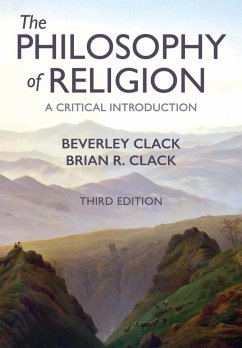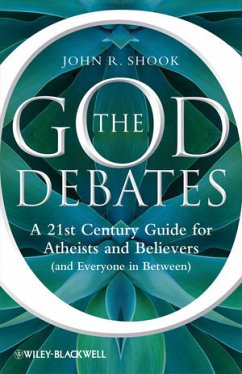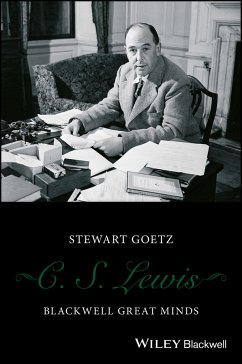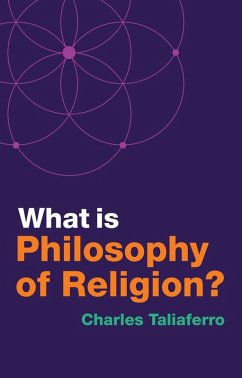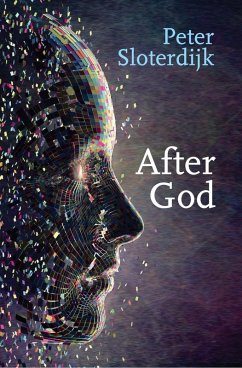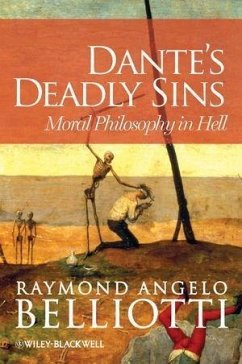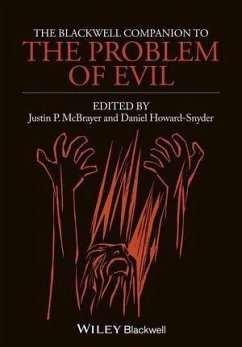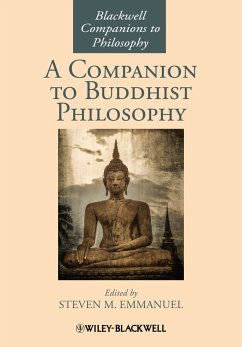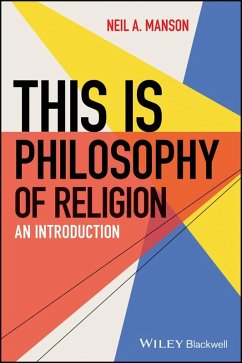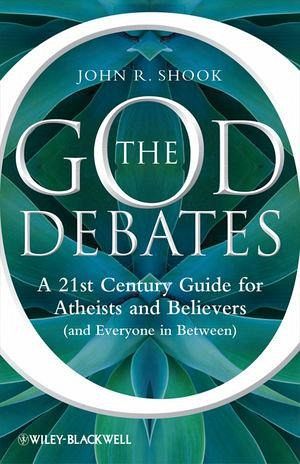
The God Debates (eBook, ePUB)
A 21st Century Guide for Atheists and Believers (and Everyone in Between)
Versandkostenfrei!
Sofort per Download lieferbar
25,99 €
inkl. MwSt.
Weitere Ausgaben:

PAYBACK Punkte
0 °P sammeln!
The God Debates presents a comprehensive, non-technical survey of the quest for knowledge of God, allowing readers to participate in a debate about the existence of God and gain understanding and appreciation of religion?s conceptual foundations. Explains key arguments for and against God's existence in clear ways for readers at all levels Brings theological debates up to the present with current ideas from modernism, postmodernism, fideism, evidentialism, presuppositionalism, and mysticism Updates criticism of theology by dealing with the latest terms of the God debates instead of outdated c...
The God Debates presents a comprehensive, non-technical survey of the quest for knowledge of God, allowing readers to participate in a debate about the existence of God and gain understanding and appreciation of religion?s conceptual foundations.
- Explains key arguments for and against God's existence in clear ways for readers at all levels
- Brings theological debates up to the present with current ideas from modernism, postmodernism, fideism, evidentialism, presuppositionalism, and mysticism
- Updates criticism of theology by dealing with the latest terms of the God debates instead of outdated caricatures of religion
- Helps nonbelievers to learn important theological standpoints while noting their shortcomings
- Encourages believers and nonbelievers to enjoy informed dialogue with each other
- Concludes with an overview of religious and nonreligious worldviews and predictions about the future of faith and reason
Dieser Download kann aus rechtlichen Gründen nur mit Rechnungsadresse in D ausgeliefert werden.




